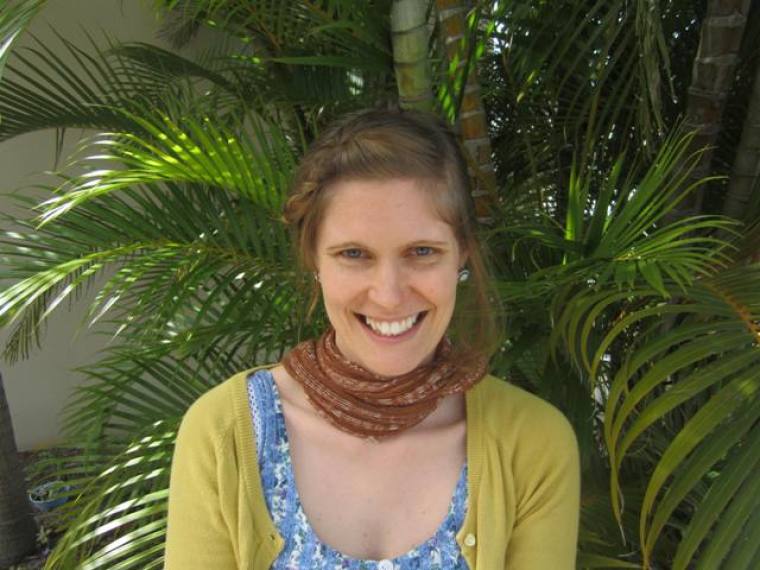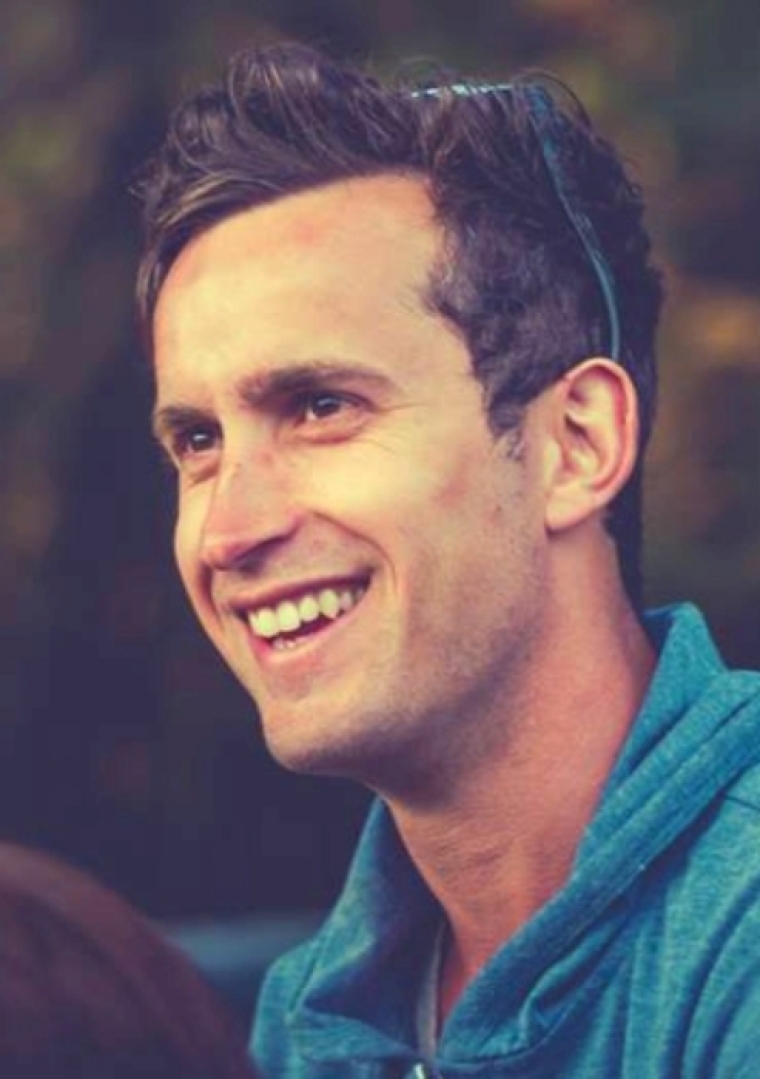

When I was completing my degree in religion I would often get asked 'What exactly do you study? 'Sometimes I would reply, 'War.' Perhaps it was not the best answer, but that's how it often felt. I spent many long days and nights studying the wars that engulf both the Scriptures and human history.
Eventually I graduated, and I stopped thinking so much about war. My life was generally peaceful. I didn't feel like I was at war with myself or others; and my country was at peace. But then, the events of late have seen Australia begin to engage in violent military action and suddenly I am catapulted into thinking about war once again.
On Peace
Quite frankly I don't know what to think of the current war Australia seems to be committing to. War overwhelms me; it deeply disturbs me. So it was very helpful for me to recently read a little book I found buried in the basement of the Queensland State Library called 'On Peace' by Thomas Merton.
'On Peace' is a collection of Merton's meditations on war and peace. Merton was an American Catholic Monk; an author, a poet. He lived in the first half of the 20th century and this book was published in 1962.
Merton was not a pacifist; he did not believe that war is always morally wrong. Nevertheless, he believed war is an avoidable tragedy. He was dismayed at how small Christian peace movements have historically been. And it distressed him that the theological 'just war' theory had generally become a nebulous concept which seemed to permitany violence that was deemed necessary to protect a nation.
The Root of War
Merton believed that the root of war is fear.
Perhaps, reasoned Merton, if we understand our own fear we'll understand why we're always finding reasons to go to war. Primarily, he thought fear was part of the human experience. That by nature people are deeply fearful and anxiety prone. Adding to this reality is the media and politicians who cultivate even more fear in society with their unrelenting addiction to sensationalism.
Merton saw this fear as not so much the fear a person has of another: it is the fear of everything. It is not just that we don't trust other people; it is that we do not trust ourselves. And maybe we cannot trust anything because we do not trust the providence of a higher power.
Perhaps we think our fears can be calmed by engaging in strong, controlled, quick and visible actions. Perhaps we think if we go to war we will solve the problem of our fear.
Merton even wanted us to see fear as the underlying problem with our enemies. He suggested that those we call evil are our enemies because they fear us. They fear us, thought Merton, because they can see nothing in us that resembles love and kindness and compassion.
'Blessed are the meek'
The Judeo-Christian faiths are embedded in peace. In the Hebrew Bible there are many war stories and it seems clear Yahweh hated war (Psalm 29 verse 11). The way of God is to love our enemies. To value all human life. The way of Jesus was to surrender to his enemies to the point of death. Merton suggested that 'we simply cannot overlook the pacifism of Jesus' (42). Although this does not necessarily lead us to such pacifism, it should at the very least to seek non-violent alternatives.
Historically, theologians have often thought war as permissible with the aim of protecting our Christian sacrosanct values. Merton thought this was absurd. 'To kill for Christ is to lose all sense of the gospel,' he lamented (41).
Merton suggests that the followers of Jesus are to establish his peace in a violent world, not only in the hearts of individuals but in society itself. This is not to be done by simply praying but by a total inner revolution in which we abandon the desire for power and follow the higher way of love.
War always leads to our degradation and dishonour. War is our true enemy. Not the totalitarian regimes and not the terrorists, however bad they might be. 'There is no winner of war' wrote Merton, 'not truth, not justice, not liberty, not morality' (25). War is the only winner. We simply must find a new and constructive way of settling international disputes. Of course this is a momentous task. 'Peace demands sacrifices like war,' Merton warned us. (16).
I have found meditating with Thomas Merton has left me hoping. Hoping that in the future to study history will not be to studying the blood and violence of war, but rather intelligent non-violent negotiations and impressive peace talks. And really, above all I am left hoping that we can begin to strive in every way possibleto abolish war in in our own hearts, communities and the world.
Danielle Carney lives on the Gold Coast and has adegree in Christian Theology and once worked for an inner city Church with a giant steeple. She spends her days studying for a Master's degree, losing debates to her toddler daughter, leading small groups for homeless women on spirituality and trying to contain her overwhelming interest in Mystical and Monastic religion.
Danielle's archive of articles can be viewed at www.pressserviceinternational.org/danielle-carney.html